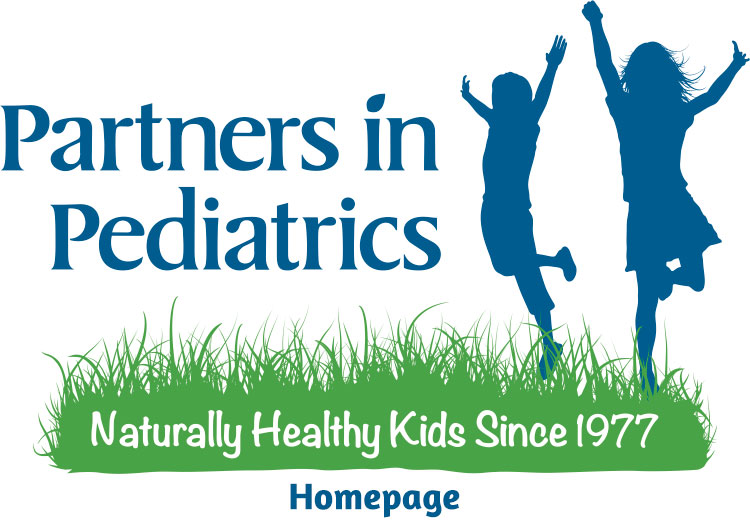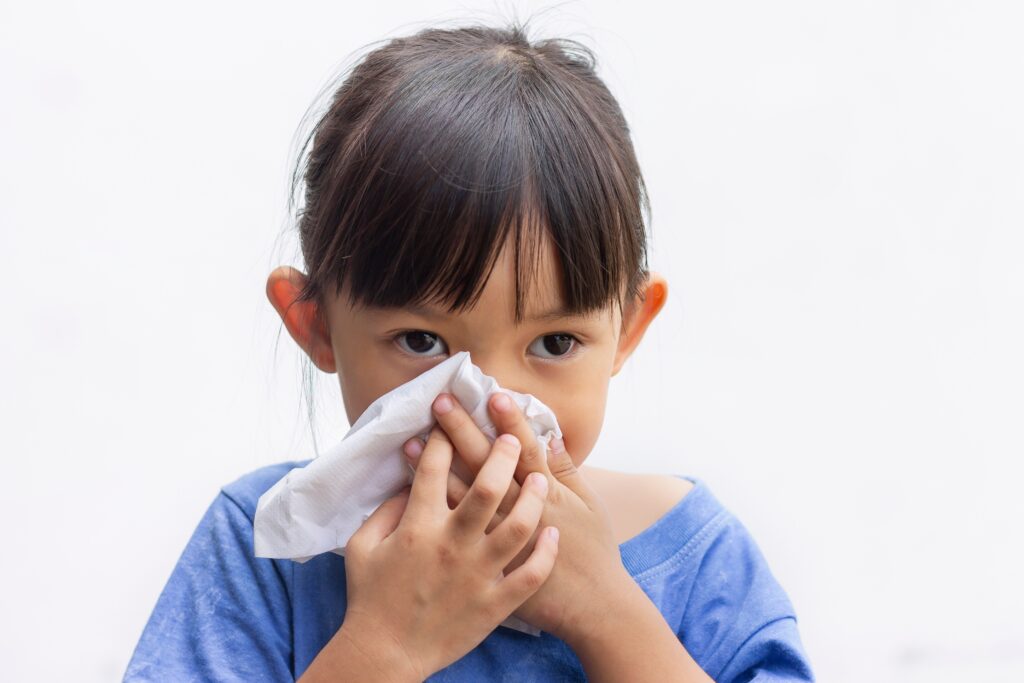With the summer season here, so is the potential for poor air quality in the mile-high city. With wildfires, dry air, and harsh summer sun, air quality can impact summer fun without much notice. Factors like increased heat, pollution, and allergens make it crucial to prioritize our health and well-being and stay safe this summer.
Exposure to polluted air can lead to various respiratory issues and exacerbate existing conditions – especially in young children. In this blog post, we will explore tips for staying safe during poor air quality days this summer, including precautions, symptoms, and the best times of day to be outside to minimize the risk.
Understanding Poor Air Quality
Before diving into safety measures, it’s important to understand what poor air quality means and its effect on our daily lives.
Poor air quality occurs when pollutants, such as particulate matter, ozone, and organic compounds commonly found in smoke, are present in the air at levels that can be harmful. These pollutants can irritate the respiratory system, leading to a range of symptoms and long-term health issues.
Who are “sensitive groups”?
Certain age groups, and people with specific health conditions, may be at greater risk of experiencing health effects due to air pollution. These groups are referred to as at-risk populations or “sensitive groups”. Below is a list of these groups:
Children (< 18 years of age). All children, even those without pre-existing illness or chronic conditions, are considered sensitive to air pollution. Children and teenagers have developing lungs that can be damaged with long-term exposure to pollution.
Pregnant people. During pregnancy, higher respiratory rates and increases in blood and plasma volumes, increases a person’s vulnerability to environmental pollutants.
Older adults. Older adults are at increased risk of health effects from short-term exposure due to their higher prevalence of pre-existing lung and heart diseases.
People with asthma and other respiratory diseases. For people with chronic lung diseases, such as asthma, air pollution can lead to breathing difficulties such as asthma attacks and shortness of breath.
People with cardiovascular disease. Diseases of the circulatory system can put individuals at increased risk of cardiovascular-related events triggered by air pollutants.
Recognizing Symptoms
During periods of poor air quality, it’s essential to be vigilant about any signs of bronchial irritation or respiratory distress. This can be especially important for young children as they are more susceptible to the effects of allergens and air pollutants.
Some common symptoms include:
- Coughing, wheezing, or shortness of breath
- Chest tightness or discomfort
- Excessive mucus production causing runny or congested nose
- Itchy or irritated eyes, nose, or throat
- Fatigue, headaches or dizziness
If you or your child experience any of these symptoms, contact your integrative pediatric provider for a comprehensive evaluation.
Precautions to Take on Poor Air Quality Days
- Stay informed: Keep track of air quality indexes in your area. Local weather websites, air quality apps, or government agencies provide real-time information regarding air pollution levels. By staying informed, you can plan your family’s activities accordingly.
- Limit outdoor activities: On days with poor air quality, it’s best to reduce outdoor activities, especially during peak pollution hours. Opt for indoor alternatives like visiting museums, shopping malls, or indoor swimming pools. Check out this complete guide to indoor activities around Denver.
- Create a clean indoor environment: Ensure your indoor spaces are as pollutant-free as possible. Keep windows and doors closed to prevent outdoor pollutants from entering your home. Use air purifiers with HEPA filters to improve indoor air quality and check your HVAC filters regularly.
- Check vehicle air intake: While in the car, set your vehicle’s air conditioning to recirculation mode to minimize outside air. Regularly clean and replace your car’s cabin air filters to maintain air quality.
- Stay hydrated: Drinking an adequate amount of water helps flush out toxins and keeps your respiratory system hydrated. This can alleviate some discomfort caused by poor air quality.
- Wear protective masks: When you must be outdoors, consider wearing a mask specifically designed to filter out pollutants. N95 or N99 masks offer better protection against fine particulate matter.
- Avoid heavy traffic areas: Stay away from busy roads, construction sites, or areas with significant industrial activity, as these are likely to have higher pollution levels.
- Seek green spaces: Choose outdoor activities in parks, gardens, or other green spaces, as trees and plants help filter and improve air quality.
Ideal Times for Outdoor Activities
While it’s best to limit outdoor exposure during poor air quality days, we know it’s tough with little ones – especially during the summer. To minimize risk, there are certain times of the day that are typically safer for the family to go outside and play:
- Early Morning: Pollutant levels are often lower in the early morning hours. Plan your outdoor activities for this time, but still check the air quality index beforehand.
- Evening: As the day cools down, pollutant levels tend to decrease. Consider engaging in outdoor activities during the evening when the air quality is relatively better.
- Avoid peak pollution hours: Midday, especially during hot summer months, is when air pollution is typically at its highest. Minimize outdoor exposure during these hours to reduce and avoid the hot summer sun.
Fun Indoor Activities
Being inside this summer doesn’t have to be a downer. Keeping the kids active can be achieved indoors with these simple activities. Bonus: these can also work for the occasional rainy day too!
- Start an indoor garden: No planters? An old egg carton will do the trick! Give kids journals so they can take notes on what they’ve planted and keep track of their garden’s progress.
- Break out the board games: It’s the oldest idea in the book, but if you really want some screen-free family time, old-fashioned board games still do the trick.
- Indoor obstacle course: Cardboard boxes turn into tunnels to crawl through. Strings tied to furniture can become a “laser” obstacle course. And pillows or cushions are great for a game of “the floor is lava”.
- Bring the outdoors in: Whether it’s forts made of blankets and pillows or pop-up tents, you can create a camping experience indoors worthy of the rocky mountains without mud or mosquitos!
- Have a dance party: Kids need to move their little bodies even if they can’t go to the playground. Choose a playlist together, blast the music, and let them shake the sillies out.
Protecting children from poor air quality during the summer requires proactive measures and a thorough understanding of potential risks. But that doesn’t mean your summer can’t be full of fun. By following the precautions, recognizing symptoms, and scheduling outdoor activities during optimal times, parents and caregivers can effectively reduce children’s exposure to harmful pollutants while still having a great summer.
At Partners in Pediatrics, we are holistic pediatricians committed to educating the mile high city with functional wellness / health care topics. We are dedicated to providing your family with exceptional pediatric care using a holistic approach – combining conventional medicine, holistic treatments, and alternative remedies.
Please get in touch with us with any questions about air quality and integrative medicine approaches to alleviating symptoms. If you’re in need of more comprehensive advice, please contact our team serving the downtown Denver metro area, Littleton, City Park, Cherry Creek, and the surrounding areas of Colorado.






Leave a Reply